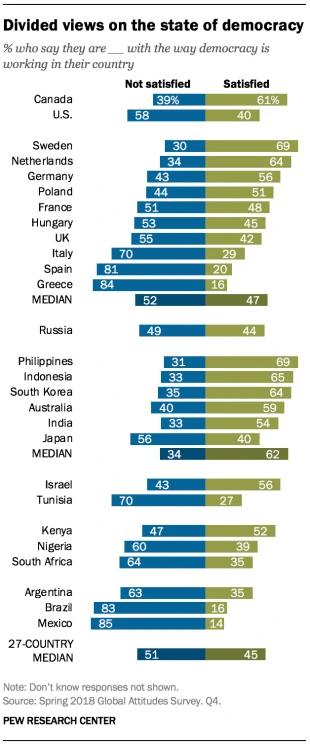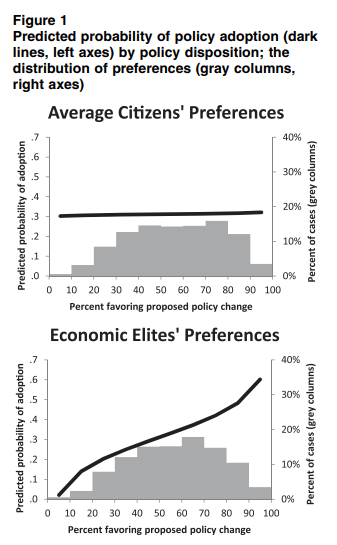The perfect platform for powerful insights and building trust with your community
Horizon State enables better quality feedback that helps you make better decisions and gets you better results
It is becoming increasingly difficult to trust the integrity of online information, with the constant bombardment of fake news and the risk of malicious attacks on social media platforms and large companies. Today, it is more important than ever to have confidence in our ability to participate in group decisions online. Horizon State is the key to navigating those minefields; safeguarding your engagement with stakeholders, colleagues and customers, without the fear of external manipulation, in the easiest and most effective way for you. Here’s how.
Increase participation and engagement from your communities
Eliminate incorrect and incomplete submissions
Build public trust in your organisation
Your communities are used to being dismissed and want their feedback to be taken seriously. By committing to fairness and transparency, you can for the first time prove to your members that you are listening and accountable in a way that builds lasting trust that keeps them engaged.
Save on cost and engage more
Get more done faster
Horizon State's use case for community engagement
You want your organisation to satisfy the wants and needs of its community. If you cannot fulfill those requirements you risk losing votes, endorsements and business.
Online feedback has made it possible for organisations just like yours to connect with their communities to an unprecedented degree. That reach has expanded far beyond local demographics to become truly global. Administrative processing times have plummeted and it is now possible to gather feedback without directly contacting stakeholders.
As technology improves the ability to gather and make sense of that data, community expectation has also grown. They expect today’s organisations to be accountable and show that they are listening to stakeholders.
These days, however, trust in official information sources and media are at an all time low. Your stakeholders know organisations manipulate data to show themselves in the best light possible. Until now they have had no way of knowing if that information is genuine and accurate when making important decisions.
Cherry picking feedback may look good on an organisation’s website for short-term gain, but just like online product reviews, the public has learned to be cautious of them. The tendency for organisations to want to be seen as responsive to public opinion while avoiding responsibility to that public is a liability to the organisation’s reputation.

Public entities have an obligation to transparency
Globally government institutions are suffering a crisis of public perception. Public trust in government and satisfaction with democracy are at their lowest levels in more than fifty years in Australia, with a record-low 25% saying they trust government and mere 12% reporting they believe the government is run for all people. In the USA only 3% believe the government can be trusted “just about always” and 14% “most of the time” — a figure made to look good by Americans’ appallingly low 6% trust in congress.
In fact, support for democracy is dwindling globally as voters increasingly disengage from the political process after becoming disillusioned that their leaders are even listening to them. A Pew Research Center survey across 27 countries showed a median of 51% are dissatisfied with the way their democracy was functioning, compared to 45% who were satisfied.

There is an increasing body of empirical evidence that suggests that modern democracies are less responsive to public opinion than autocratic dictatorships.
In modern democracies like the USA the opinions of the economic elite almost entirely drove policy change, and to a lesser extent special interest groups. Meanwhile the average opinion of the public had no material effect on government policy adoption.
“The central point that emerges from our research is that economic elites and organized groups representing business interests have substantial independent impacts on U.S. government policy, while mass-based interest groups and average citizens have little or no independent influence. Our results provide substantial support for theories of Economic-Elite Domination and for theories of Biased Pluralism, but not for theories of Majorita.”
A lack of regular polling that the public can trust means that political figures 1. Do not know the majority or average opinion of their constituency, and 2. Regularly play blame games and defer responsibility every time a policy blows up in their face – because they didn’t know what the public wanted, or because someone else who didn’t know what the public wanted got in their way, or because the draft wasn’t good enough and they wanted changes etc.
Horizon State software provides the trusted mechanism to ensure that this information can be relied upon. Elected leaders can then be held accountable for their refusal to act, and be forced to engage the public with their reasons for not acting in line with their wishes.
Society doesn’t trust business either
Trust isn’t a commodity in plentiful supply for modern businesses either. In fact, 13 out of the 28 countries included in the Edelman Trust Barometer study had higher distrust, while just 52% of Australians said they trust businesses to do what is right. Top of the causes for this low trust by Australians is the divergence between mission statements promoted to the public by corporations to earn consumer goodwill and their actual operational behaviour.
But there are huge opportunities for business leaders who the public are increasingly looking towards to take charge of leadership in social, economic, and environmental challenges that government are not effectively addressing. After all, it is much easier to get organisations to listen to and acknowledge public concerns when they are reliant on voluntary patronage for survival. In fact, 76% of respondents in the Edelman study said they believe CEOs should take charge on change on social issues before waiting for the government to enforce them.
Meanwhile there are demonstrated benefits to regular and attentive engagement with company employees, shareholders and the wider community. The Edelman study showed that employees are nearly twice as likely to advocate for, be loyal to, engage with, and show greater commitment to employers that they trusted.
Businesses are also finding that they are seen more and more by the public to have social responsibility beyond their direct customer base, and accepting that their perceived trustworthiness is an investment in their bottom line. The Edelman study also found 67% of consumers said they agreed with the statement that “a good reputation may get me to try a product, but unless I come to trust the company behind a product, I will soon stop buying it.”
Horizon State can bridge the trust gap for modern business and government
Horizon State enables public and private organisations for the first time to regularly engage with communities with the ability to prove that their insights, claims and feedback are authentic, and that their actions demonstrate accountability to the public.
The product allows organisations the capacity to instantly upload all feedback, polling or other data to an unalterable public record ensuring authenticity and accountability. The platform’s intuitive and elegant user interface means the public can provide this feedback easily, and no personally identifying information is captured or broadcast – therefore ensuring an honest response.
The corporate and government mindset needs to shift from what is easy, to what is effective for achieving desired outcomes that can give them the competitive edge. By encouraging honest answers through anonymity and capturing verifiable data that is then used to engage the community as much as the survey itself, the trust that government and modern businesses have lost can begin being rebuilt. After all, as the global chief operating officer of Edelman said:
“Nimble business leaders will recognise that in this new world they cannot operate with a top-down approach. Rather, a flatter, more participatory model is needed, one that isn’t just “for the people” but “with the people.” The best companies are already deeply listening to and strategically acting on insights from their employees, customers, and other stakeholders.”


